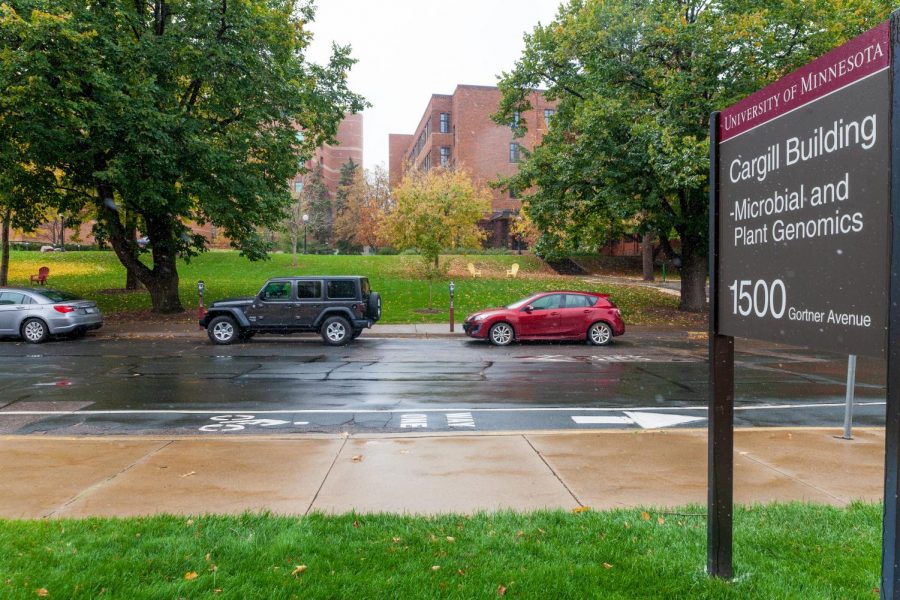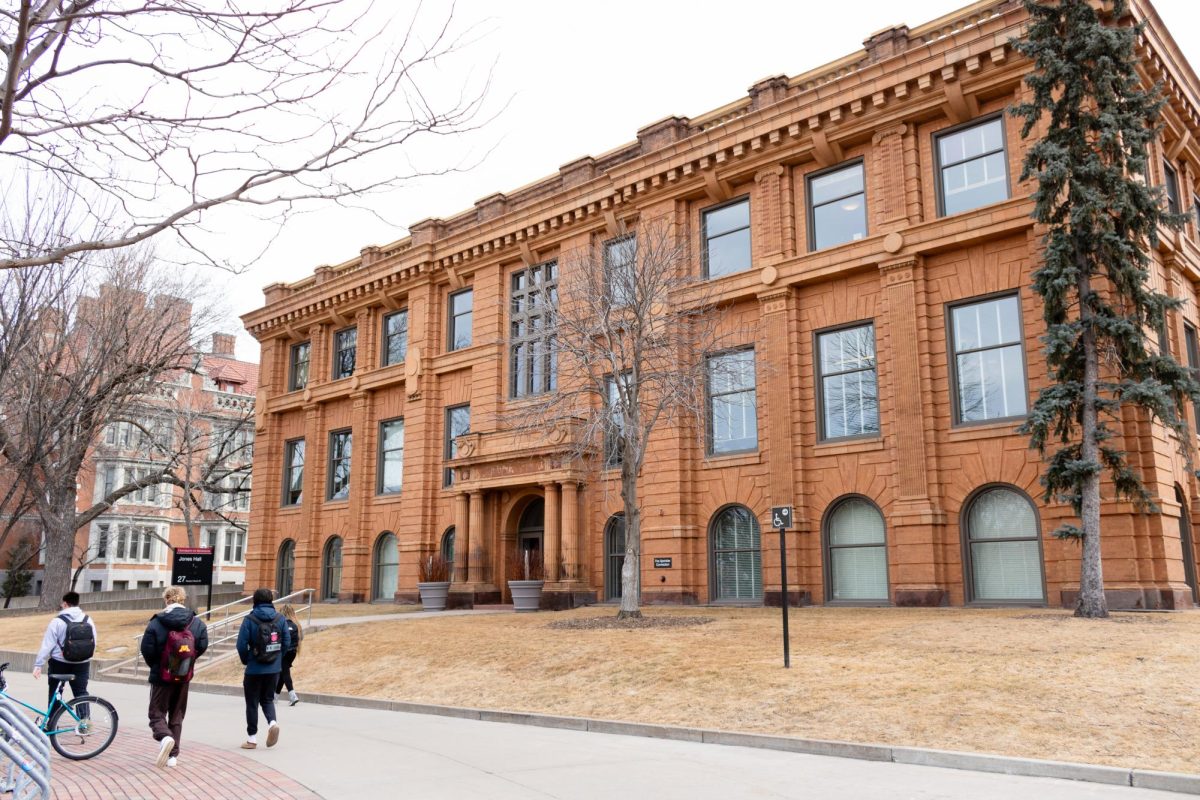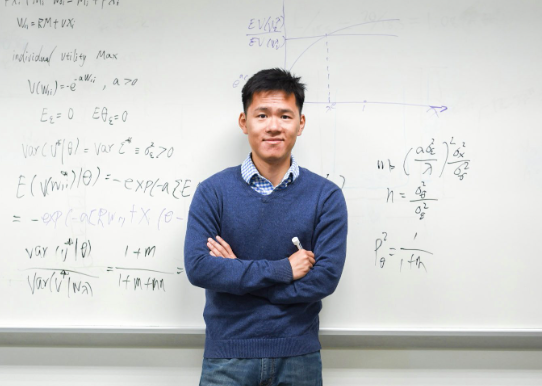The University of Minnesota’s 2020 six-year capital plan includes major improvement to the St. Paul campus that could lead to new breakthroughs in sustainable fuel and agriculture, thanks in part to a collaboration with the U.S. Department of Defense.
The plan was announced at the October Board of Regents meeting and will include at least $87 million in federal funds directed toward building improvements and a new research facility within the University’s BioTechnology Institute. More than $180 million will be matched by other sources, including funds from 57 colleges, to support further research that could lead to various fossil fuel alternatives.
The DOD funding, which was announced Oct. 20, marks the establishment of BioMADE, a nonprofit created by the California-based Engineering Biology Research Consortium (EBRC).
The Microbial Cell Production Facility (MCPF) will be the first building constructed in the biotechnology part of the St. Paul campus, said Michael Smanski, one of the heads of the BioMADE initiative and the lead researcher in the bio-engineering Smanski Lab.
He said a vision for a second building next door to MCFP is also in the works.
“It’s a great time to be a Minnesota student or faculty,” Smanski said.
The MCPF will be constructed in September 2021 and house the University’s Biotechnology Resource Center (BRC) and BioMADE.
The BRC will focus on enzyme production while BioMADE will focus on the production of smaller, nonprotein molecules used as building blocks for other materials, Michael Sadowsky, head of the BioTechnology Institute, said.
These nonprotein materials will be used to make products such as detergents, plastics, agricultural products, crop protection solutions, food additives, fragrances and flavors, according to a DOD news release.
As part of the six-year plan, the University will also modernize research laboratories on the St. Paul campus using legislative funds, according to October regent documents.
Roger Ruan, a researcher of sustainable food and agriculture in the Department of Bioproducts and Biosystems Engineering, said any improvement in the facilities on the St. Paul campus will be helpful. He said it has been difficult to conduct some types of experimental research because of safety precautions.
“The updated laboratory spaces on the St. Paul campus will definitely benefit the research conducted here,” Ruan said in an email. “Our current laboratories are really out of date and very difficult to meet the needs of the new research and development in the areas.”
Bo Hu, a researcher of bioprocesses in agriculture in the same department as Ruan, said the St. Paul laboratories are scattered and have limited space. He said a centralized facility that consolidates all of the bioprocessing and bio-industrial labs will help researchers to collaborate more effectively.
“This will give us a lot of new tools, new space for research,” Hu said. “I am very excited about this aspect.”



















